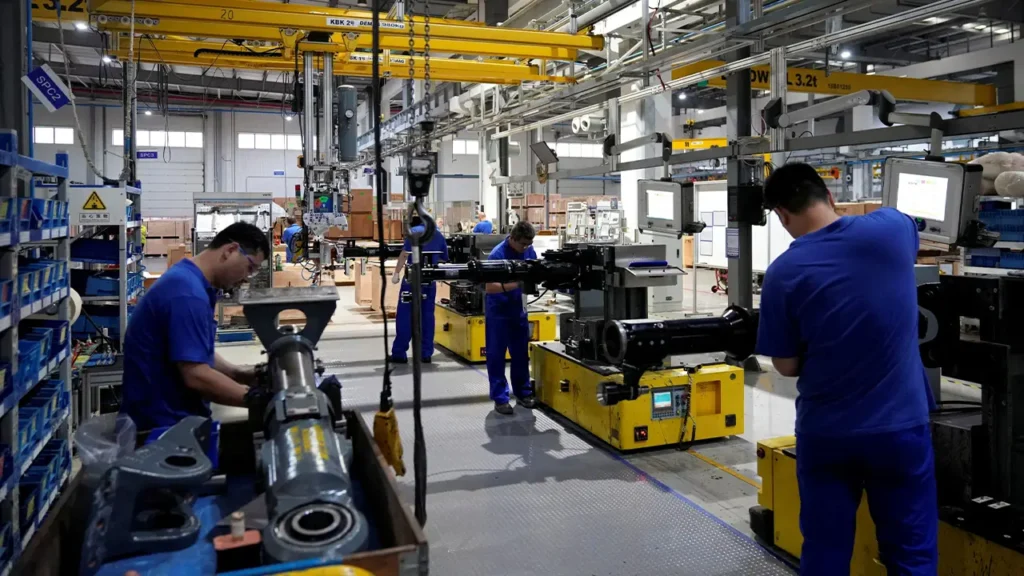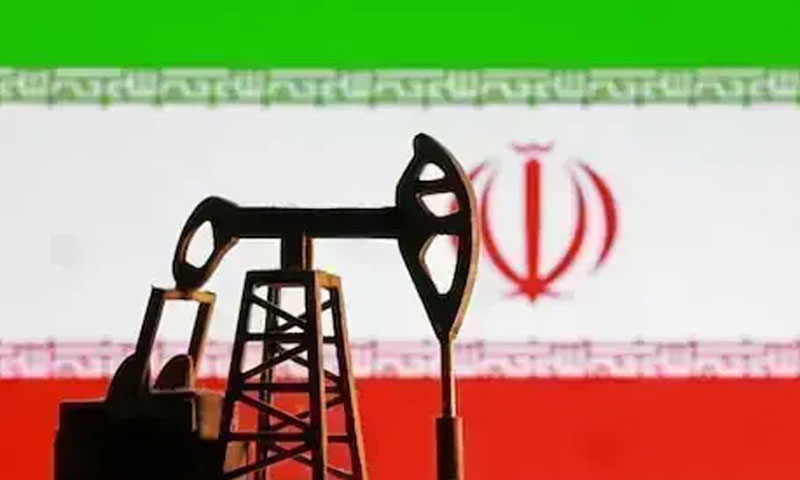- Web
- Yesterday
Asia’s factory activity weakens as US tariffs sap confidence
-

- Reuters
- Apr 01, 2025

TOKYO: Asia’s factory activity mostly weakened in March as an intensifying US tariff war and slowing global demand hurt business sentiment, private sector surveys showed on Tuesday, darkening the outlook for the region’s economy.
China was one outlier among a broadly downbeat set of purchasing managers’ indexes, showing activity in the world’s second-largest economy picking up, as factories rushed to get goods to customers before US tariffs took effect.
The prospect of a widening global trade war is adding to headaches for policymakers as they seek to cushion the hit to growth and manage inflationary pressures from rising costs.
Elsewhere in Asia, Japan, South Korea and Taiwan saw manufacturing activity decline in March, the surveys showed, as companies braced for more uncertainty on US trade policy.
US President Donald Trump has introduced various tariffs against trading partners since taking office in January, including a plan to impose higher levies on auto imports.
China’s Caixin/S&P Global manufacturing PMI climbed to 51.2 in March from 50.8 in the previous month, exceeding market expectations and staying above the 50.0 mark that separates growth from contraction.
The rebound broadly aligned with an official PMI released on Monday that showed manufacturing activity growing at its quickest pace in a year.
But analysts expect the relief to be short-lived as the trade war threatens to undermine momentum. Trump has imposed a cumulative 20 per cent tariff on Chinese imports since January and is expected to announce additional “reciprocal” tariffs this week.
“The rise in the Caixin manufacturing PMI mirrored its official counterpart, with both surveys suggesting that China’s industrial sector is benefiting from a combination of tariff front-running and fiscal support,” said Julian Evans-Pritchard, an economist at Capital Economics. “It won’t be long before US tariffs turn from being a tailwind to being a drag, however.”
Japan’s factory activity fell at the fastest pace in a year, its PMI showed and extended declines for a ninth straight month.
South Korea’s factory activity declines also sped up, hit by weak domestic demand.
Taiwan’s PMI fell to 49.8 in March from 51.5 in February, while that for Vietnam rose to 50.5 from 49.2.
Other indicators on Tuesday showed softness across the region with South Korea’s exports growing slower than expected and Japan’s closely watched tankan survey showing big manufacturers’ business sentiment hitting a one-year low.
Read next: Oil extends climb on supply fears, trade war concerns cap gains




